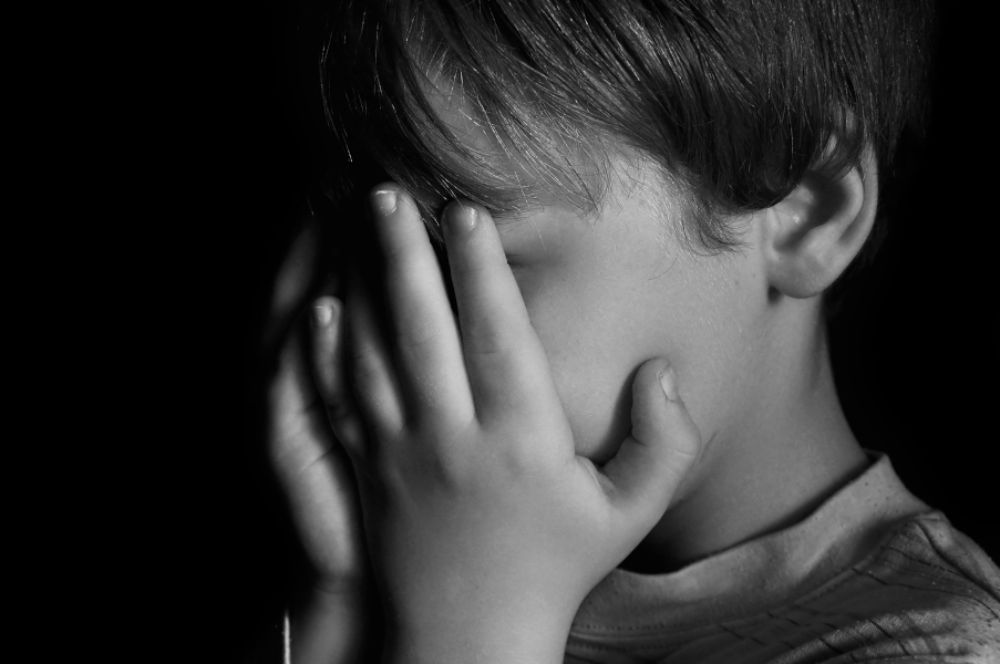
Dealing with sexualised violence in children
“There are very many different forms of sexualised violence, with and without physical contact. Together, these are actions that are taken against the will of the child, starting with not respecting the child’s physical boundaries” explains Elli Scambor, who deals with the topic scientifically and as a counsellor. “Forced hugs, sexualised forms of address or photography, extensive washing of the intimate area, unwanted and intense kissing – all of this can be part of that. Kissing is OK if both parties consent.”
It’s important to ensure you are aware and informed about the topic, but also to deal with your own past and any experiences of this. “Lots of people have experienced incidents. If these are within the family, those affected often cannot remember. They suppress the memory so they can continue to live within the family relationships,” the expert says. Whether it’s within the family or not, support for the process of uncovering what happened is definitely needed.
It is parents in particular who need to take responsibility for this. Cases like this happen more often than you think and across all social classes. You need to handle the topic particularly sensitively with children and adolescents if you suspect this has happened. “It’s mostly expressed as behavioural problems. Be attentive. Tell your child that you’re there for them, no matter what.”
You need to be very careful – neither pushing nor forcing will help, particularly because perpetrators often ensure that their victims say nothing and submit out of anxiety and shame. Children will often only talk when they feel safe. “Actively listen to them, stay calm and don’t immediately suggest solutions. You shouldn’t dramatize either or try to investigate for yourself.” It’s also important not to disempower those affected. “Try to see things from the child’s perspective.” It’s likely to be very difficult to get through the situation without help.
There is a whole range of counselling centres that can help in these kinds of situations. You can use the search function on our website to find one near you and make a free appointment.
Our interview partner
Elli Scambor is the Managing Director of the Institut für Männer- und Geschlechterforschung and has worked as a sociologist and educator on several research and practical projects on the topic of sexualised violence in boys*.
VMG Steiermark
Dietrichsteinplatz 15/8
8010 Graz
Website of VMG Steiermark
The interview was conducted in April 2023.

